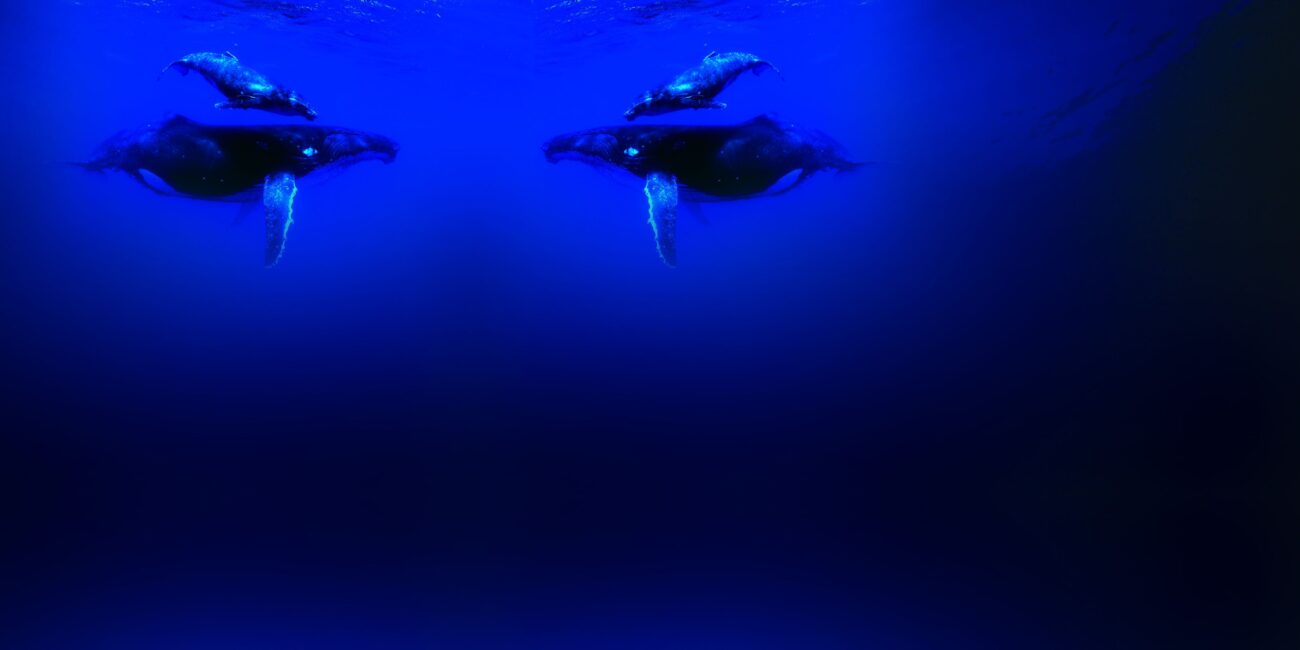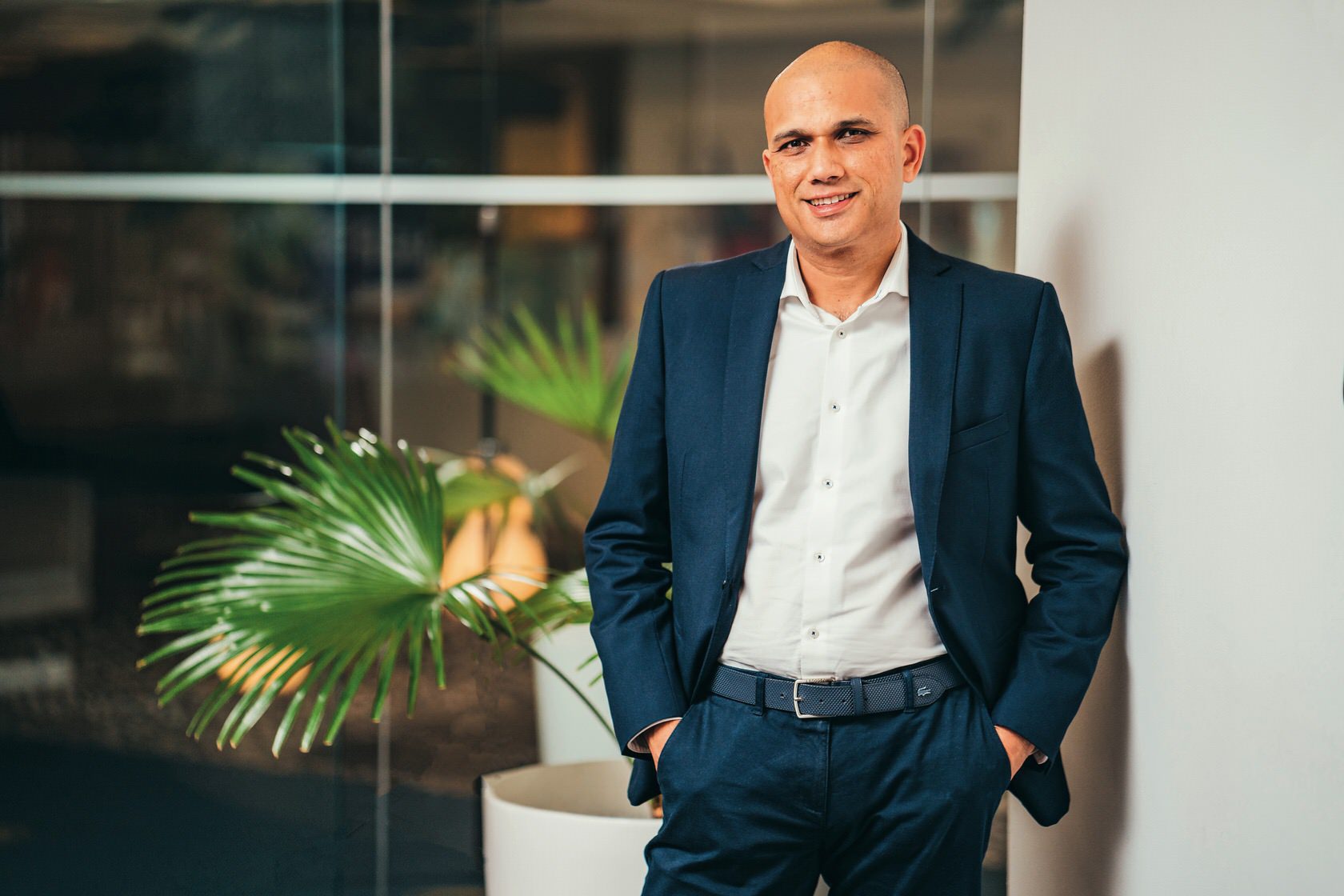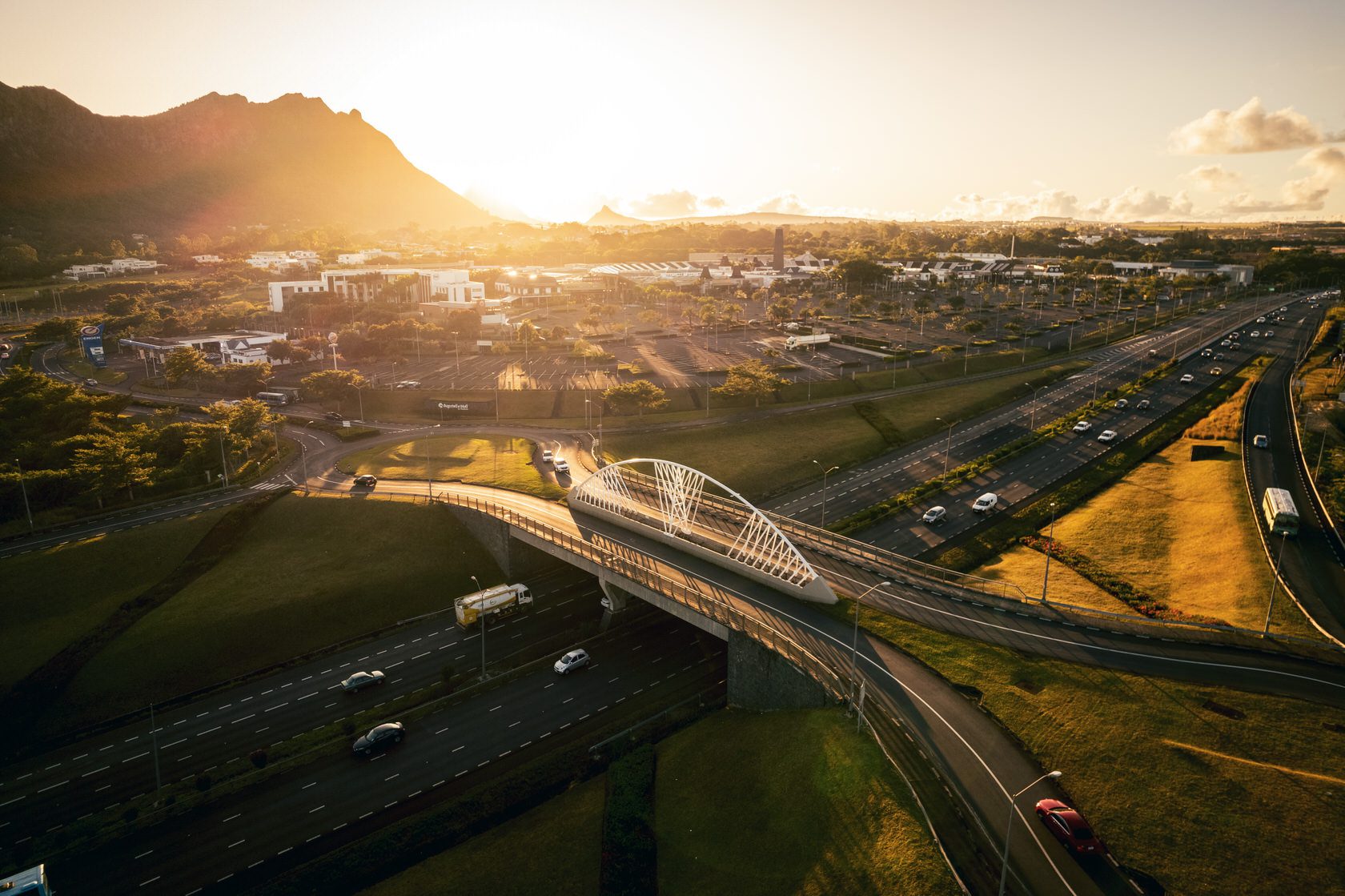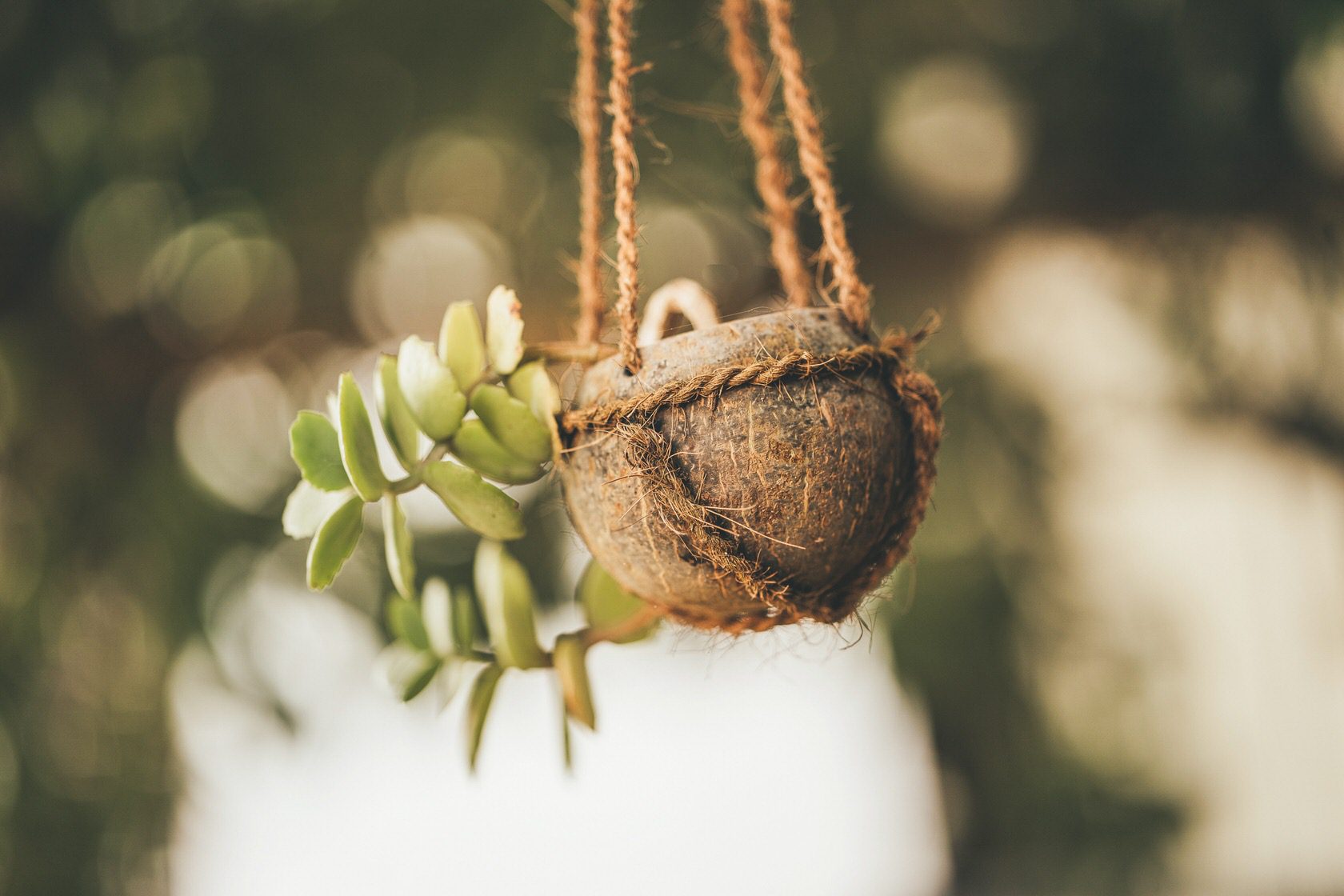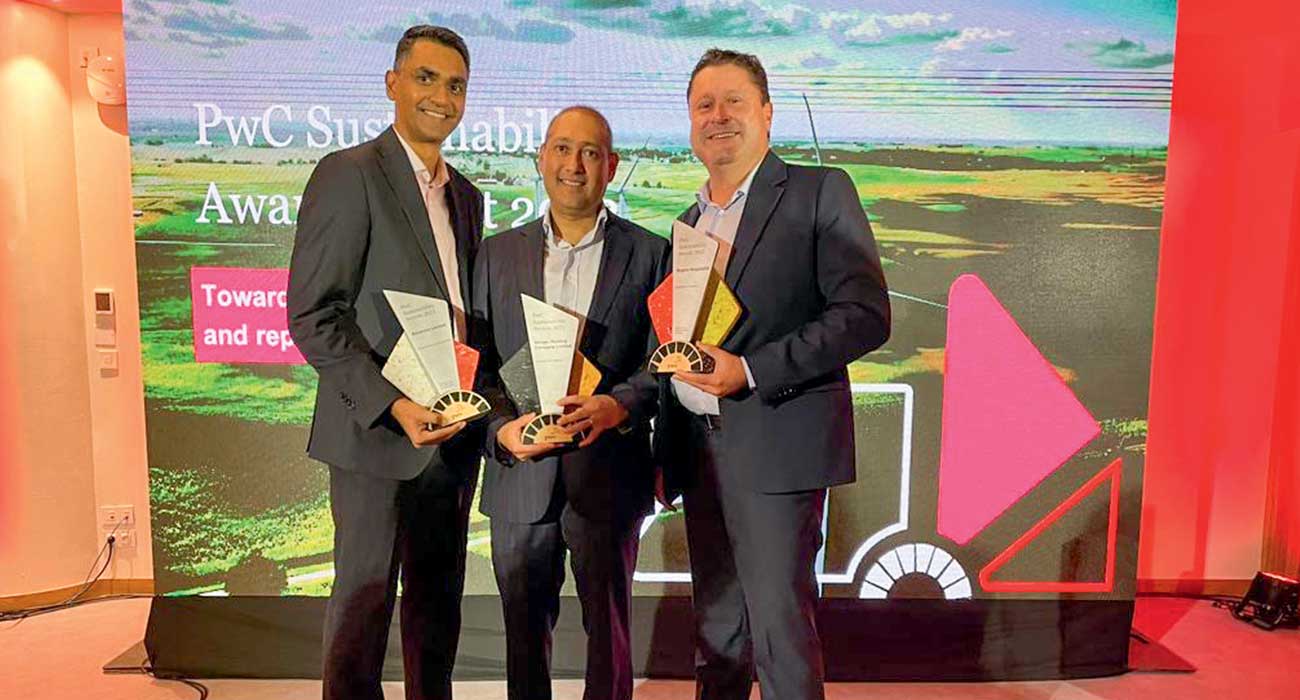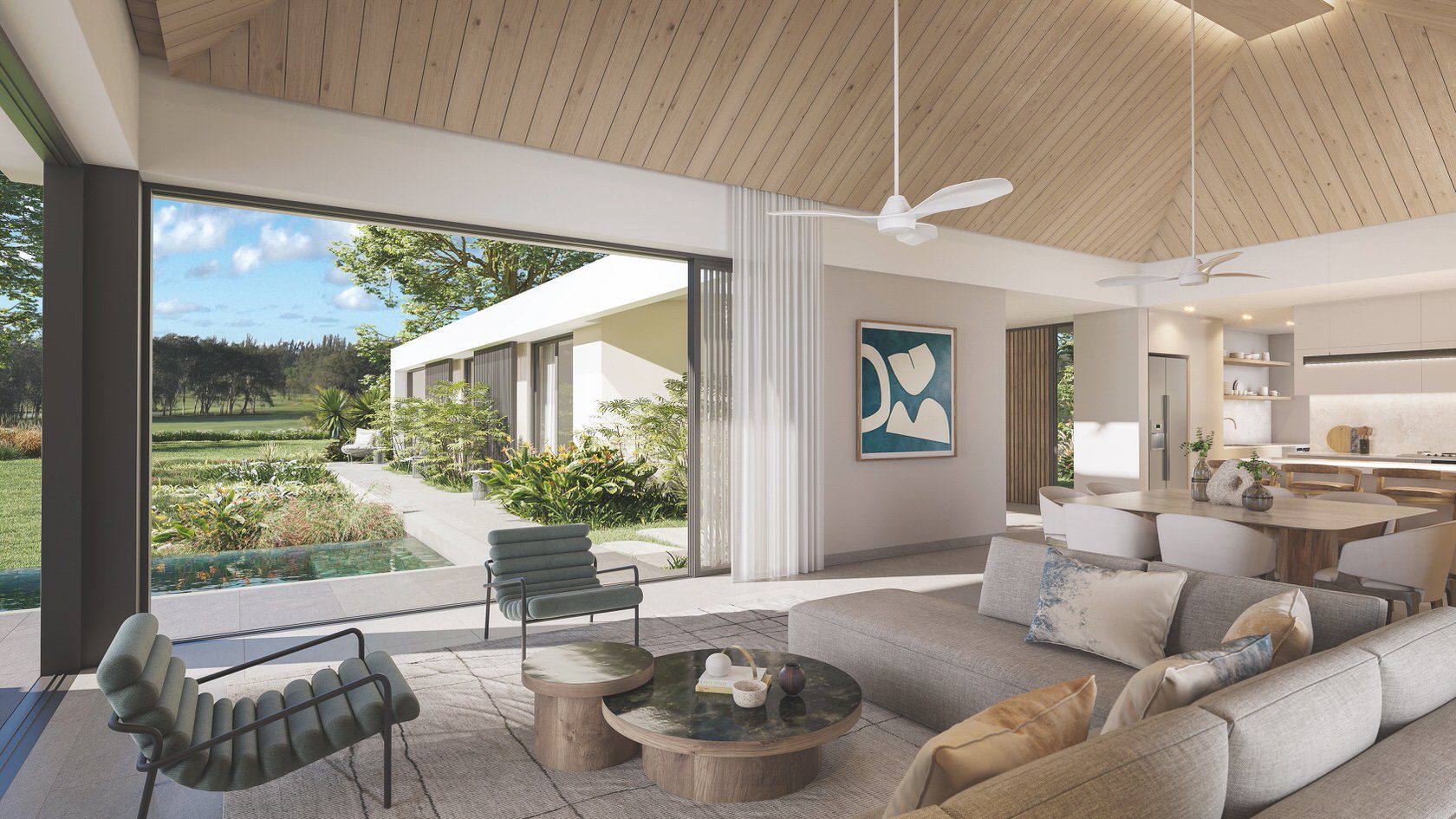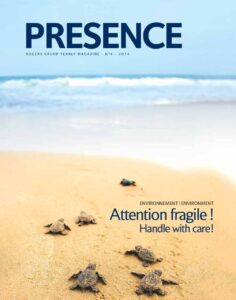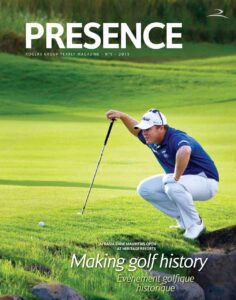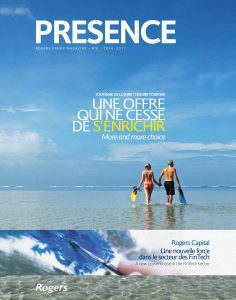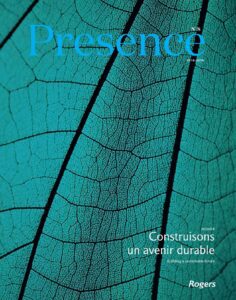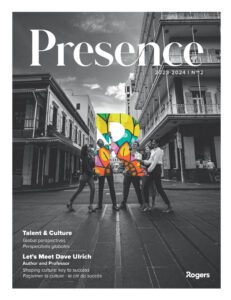Hugues Vitry developed a love of diving during his childhood in Souillac on Mauritius’ South Coast and eventually it became his profession. Never tiring of exploring the world beneath the waves, he now cautions against the projected exploitation of Mauritian waters outside the lagoon for aquaculture.
photos : hugues vitry | marc fermon
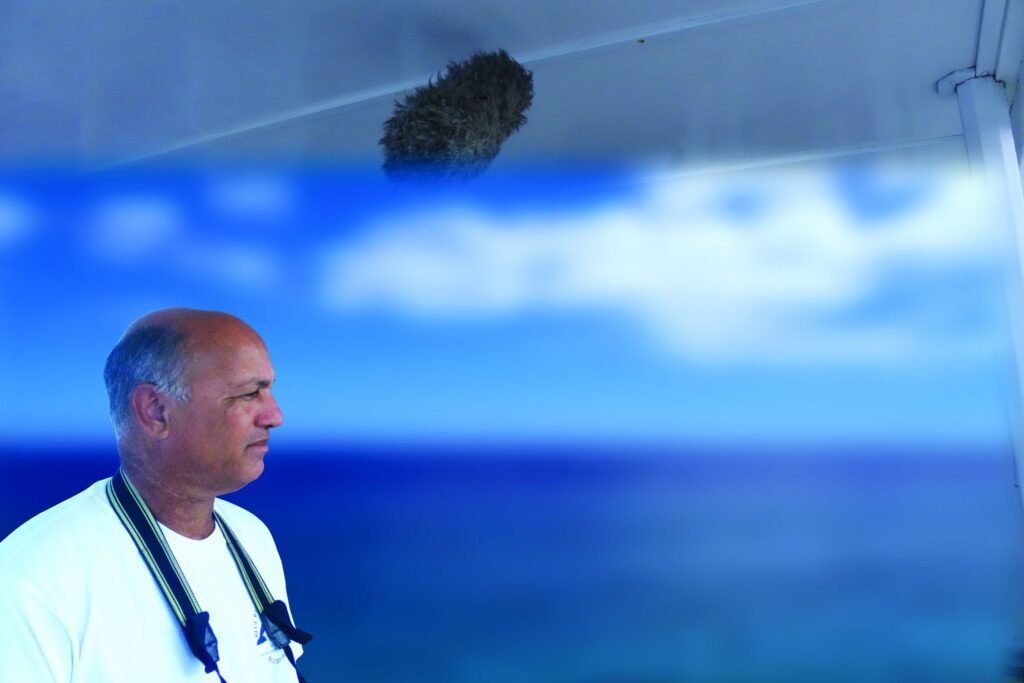
“We know the government wants to make its ocean areas one of the pillars of the country’s economy. However, the subject needs to be approached with caution and our resources managed properly. They are not inexhaustible. The sea is an environment beyond our control both in terms of the weather and its resources. Excessive exploitation would quickly ruin us. We have Senegal’s example which ultimately had to throw out EU tuna-fishing vessels,” maintains Hugues Vitry, founder and manager of the Blue Water Diving Center at Trou aux Biches, which is in the Northwest of Mauritius. This warning is aimed directly at the projected exploitation of Mauritius’ marine areas for fish farming outside the lagoon. “It would be a big mistake to be against aquaculture as a matter of principle. In my opinion, it is the solution looking to the future but there are several factors that need to be taken into account so as to avoid making a complete mess of things!” Son of a primary school teacher, he inherited a love of the sea from his family. He questions the viability of such projects. “Our seas are affected on average by seven to nine very strong storms or cyclones each year. I have my doubts as to whether the cages could withstand their effects.
As well as the financial losses that would bring about, the cages would end up on the reefs driven by strong swells and destroying everything in their passage.” He also cites similar projects undertaken on the neighbouring island of Reunion. “Fish farming there in the Bay of St Paul has done nothing but accumulate losses for the last twenty years and now the cages have been abandoned out at sea and are in a terrible condition.” He feels that there is also the risk of pollution being caused by the reconstituted feed that will be used and by farmed fish excreta, as well as the proliferation of predators. Hugues Vitry, who was a member of the executive committee of the World Underwater Federation from 1995 to 2000, proposes land-based fish farms as an alternative. He believes it would be easier to control the infrastructure, to take action in the event of a storm and to control pollution, as well as transport fish fry. He also suggests breeding herbivores rather than carnivorous fish as “they are easier and cheaper to feed.” That would also mean algae could be cultivated in parallel to feed them. “Algae, being natural, are less polluting than pellets, which are expensive and destroy even more fish in our oceans. “If we want to manage our resources,” he says in conclusion, “we have to start planning and accept that the sea knows no frontiers and that everything has to be looked at globally.”

